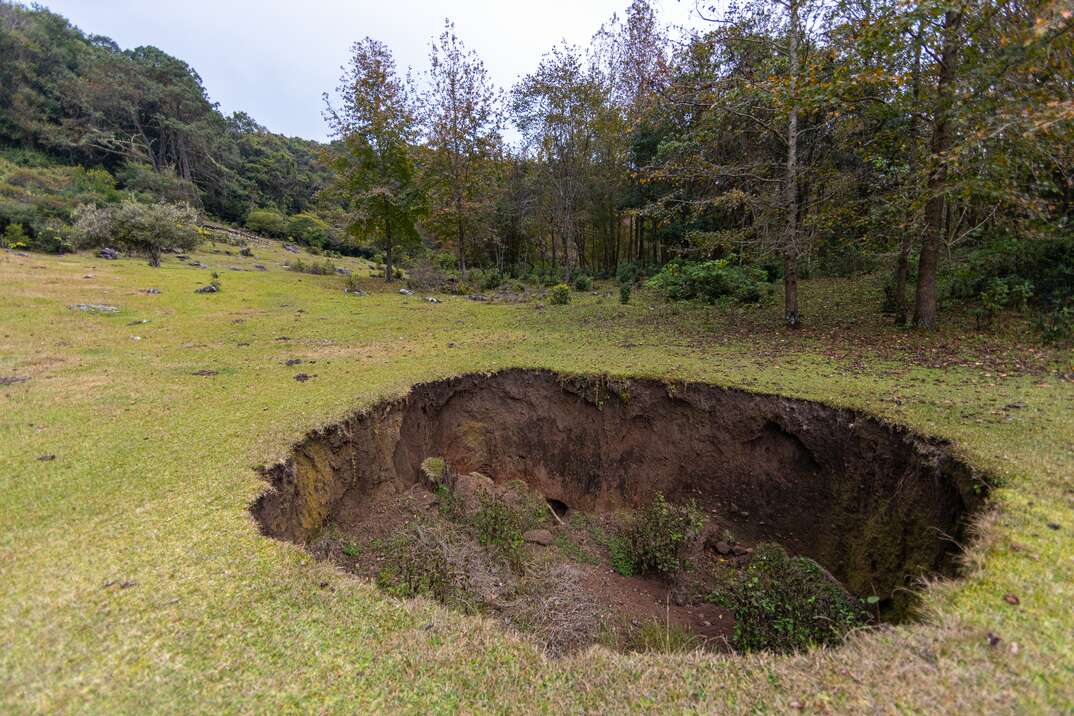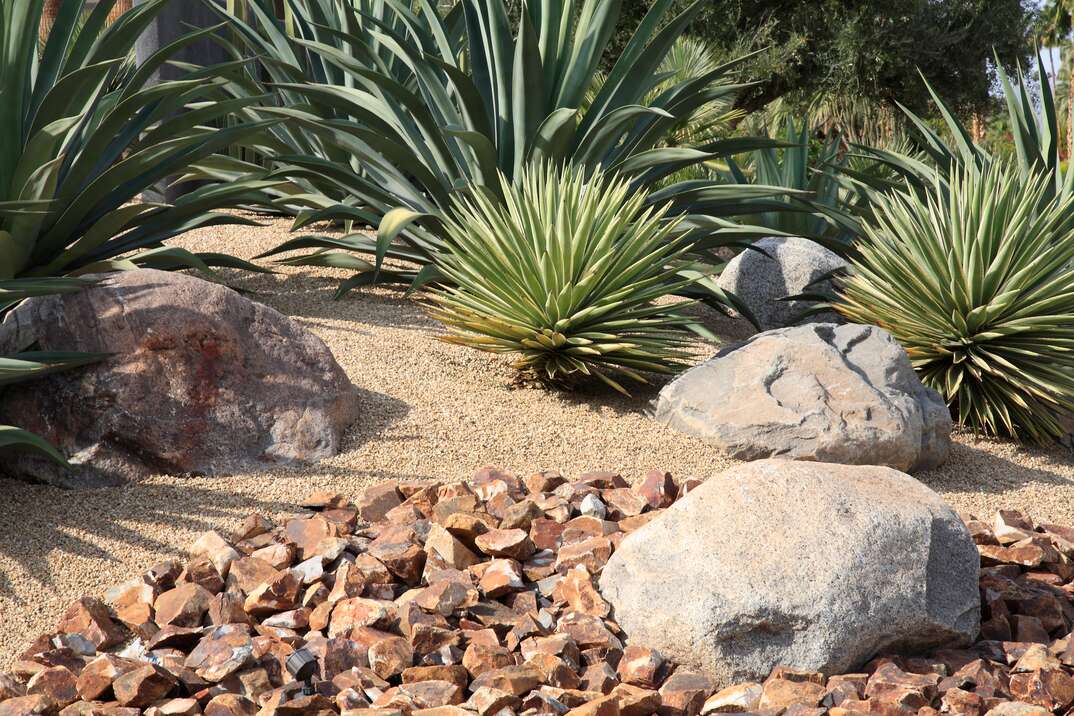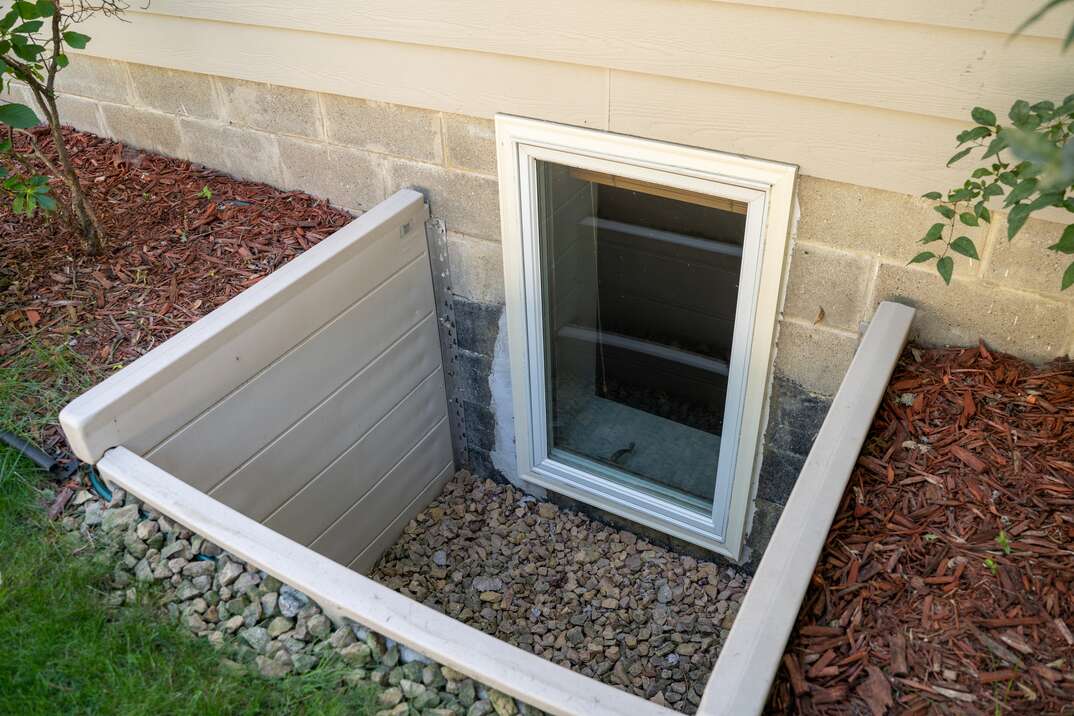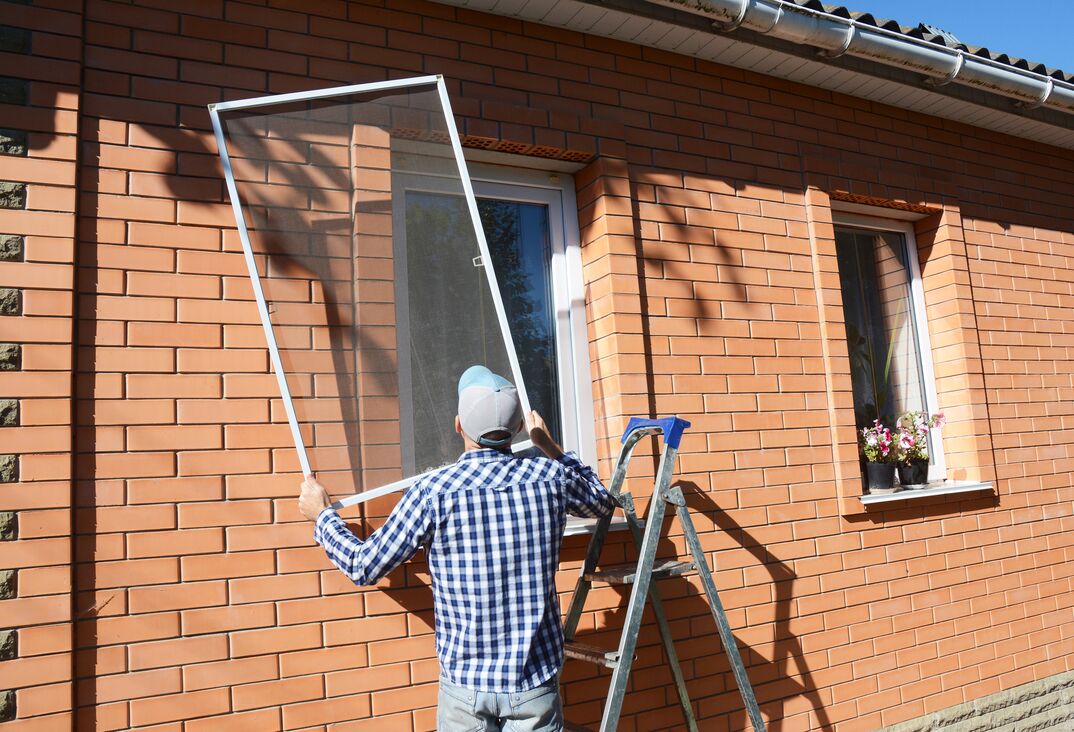How Do Sinkholes Happen and Is My Home at Risk?

Sinkholes are pretty frightening things. They open up, seemingly from out of nowhere, and swallow up cars, buildings and even unlucky people who happen to be in the danger zone. Thankfully, most sinkholes aren’t the terrifying ones you see in movies.
This May Also Interest You: How to Create a Disaster Preparedness Plan
Still, no one wants a large crater in their yard or a hole in the earth opening up under them or even on their property. Learn more about how sinkholes form and what you can do about them below.
What Is a Sinkhole?
A sinkhole is a depression in the ground without any natural way for moisture that collects in the area to drain out. When water collects in the area, such as when it rains, it sits in the sinkhole until it slowly drains into the dirt and other material under the depression.
Sinkholes can look like depressions, or small valleys or dips, in the landscape. They can also look more dramatic, such as when the ground above opens up and you can see a large cavern or empty space below.
Are Sinkholes Dangerous?
Yes, sinkholes can present a number of dangers. In some cases, they open up when someone is in the area, and that can mean the person falls down into the area of the sinkhole. While it's not extremely common, there have been cases of sinkholes causing serious injury or death to people. They can also cause injury or death to cattle and other domestic animals.
Depending on where they occur, sinkholes can also cause damage to structures, such as roads, buildings, and houses. A large sinkhole can cause all or part of a building to sink or collapse.
How Do Sinkholes Form?
The water that collects in depressions in the earth without any natural drainage option will eventually be absorbed into the ground. There, it will interact with all the elements under the ground — which can include water-soluble rock. Gypsum, salt rock and limestone are just a few examples of rock that can eventually be washed away by water passing through the surface.
Over years, decades and even centuries, water flowing into and under a sinkhole dissolves these rock structures. That leaves the earth above unsupported, as caverns and tunnels are created underneath the ground. Eventually, there is not enough support for the earth, and it collapses in on itself, creating a large and dramatic sinkhole.
More Related Articles:
- Hurricanes Happen: How Ready Is Your Home?
- How to Survey Your Home for Storm Damage
- It’s Hurricane Season! Here’s Everything You Need to Know to Prepare Your House for Storms
- Gimme Shelter: Here’s What You Need to Know About Building Home Storm Shelter
- What’s a Storm Chaser and Should You Hire Them to Fix Your Roof?
How Do You Know If Your Property Is at Risk of Developing a Sinkhole?
If you live in an area where sinkholes are common, such as Florida, it's important to inspect your property regularly for any signs that a sinkhole might be forming. Some signs you can look for include:
- Changes to the ground in your yard: A sudden depression where there wasn't one or an area that keeps holding water when the rest of the yard is dry could be an indication something is going on underground.
- Changes in the look or levelness of structures: If the line of your fence is starting to snag, a small shed is sinking down on one side or your cement patio suddenly has more cracks than usual, your yard may be doing some major shifting.
- Changes inside your home. Doors that stick in the jam or latches that no longer line up could indicate foundation problems, as can floors that grow increasingly unlevel or cracks in interior joints. Problems with your foundation could be a sign of a sinkhole.
What Should You Do If You Suspect There's a Sinkhole on Your Property?
If you suspect that a sinkhole is forming on your property, consider getting professional help sooner rather than later. Landscaping and construction companies can conduct surveys on your property to understand the extent of sinkhole danger. They can also help you understand what can be done to correct the problem. It's not as simple as getting a bunch of dirt and filling in the hole. If you don't fill a sinkhole correctly, the problem will simply return eventually.
Don't ignore a possible sinkhole and hope it won't get worse. Treating the problem early on is typically less expensive than dealing with it later and can save you a lot of damage and potential injury.


